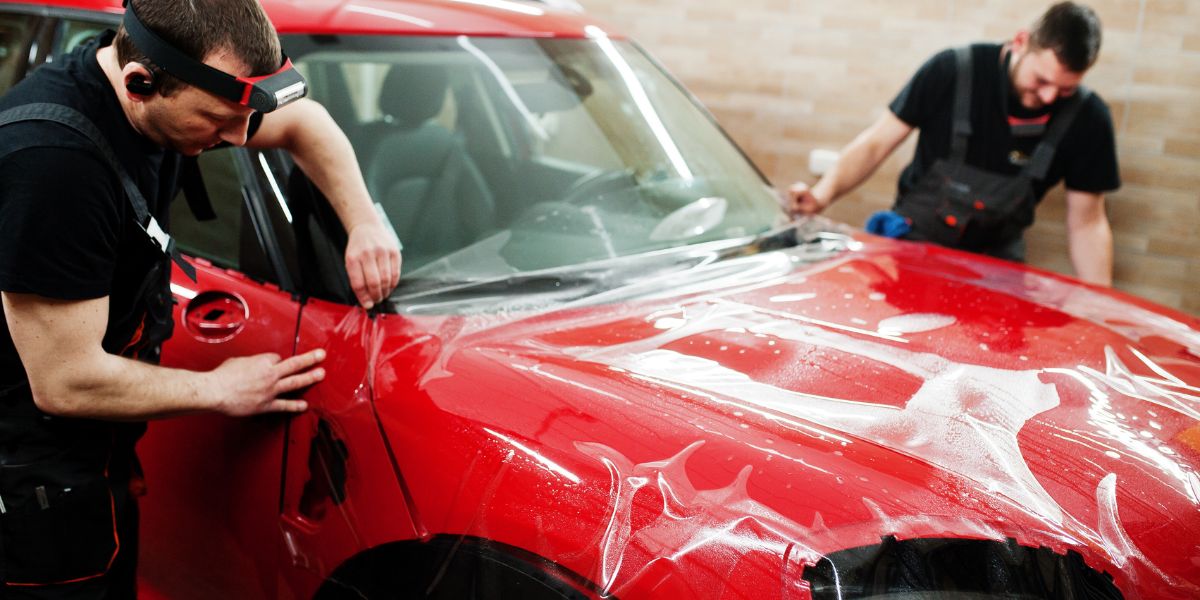A car body shop plays a critical role in restoring vehicles after accidents, weather damage, or daily wear. These facilities specialize in repairing and improving the exterior and structural components of cars. From fixing dents to complete collision repair, a professional body shop ensures that vehicles are both safe and visually appealing Car body shop.
What Is a Car Body Shop
A car body shop is a repair facility focused on the structure, frame, and appearance of vehicles. It handles visible damage such as scratches, dents, broken panels, and cracked glass. Advanced shops also provide frame straightening, paint matching, and full restorations. Unlike mechanical workshops, body shops concentrate on exterior components rather than engines and transmissions.
Services Provided at a Car Body Shop
Car body shops provide a wide range of repair and restoration services. Common services include:
- Collision repair: Repairing damage from accidents, including realigning frames and replacing panels.
- Dent removal: Using paintless dent repair or traditional methods to restore the surface.
- Painting and refinishing: Applying factory-matched paint to restore or change the vehicle’s appearance.
- Glass and windshield replacement: Installing new glass to ensure safety and visibility.
- Bumper and fender repair: Replacing or repairing damaged plastic and metal components.
- Rust removal and prevention: Treating corrosion to extend the lifespan of the car.
Importance of Choosing a Certified Body Shop
Selecting a certified car body shop ensures compliance with industry standards. Certifications such as I-CAR Gold Class and ASE indicate that technicians are trained to follow manufacturer-approved repair methods. Certified facilities often have access to specialized tools and original equipment manufacturer (OEM) parts, which help maintain vehicle integrity and resale value.
Technology Used in Modern Body Shops
Modern vehicles use complex materials like high-strength steel, aluminum, and carbon fiber. Car body shops use advanced technology to repair these correctly. Tools include computerized frame machines, laser measuring systems, and dust-free paint booths. Color-matching software helps achieve precise paint finishes. Using advanced technology not only improves accuracy but also shortens repair times.
Cost of Car Body Repairs
Repair costs vary depending on the extent of damage, vehicle type, and parts used. On average:
- Minor scratches and dents: $150–$500
- Bumper replacement: $500–$1,500
- Full collision repair: $1,000–$5,000 or more
- Windshield replacement: $200–$600
Shops may offer OEM or aftermarket parts. OEM parts fit exactly but cost more, while aftermarket parts can be cheaper with varying quality. Requesting detailed estimates ensures transparency.
Benefits of Professional Repair and Restoration
Using a professional car body shop provides several benefits:
- Restored structural integrity of the frame after collisions
- Accurate paint finishes that protect metal surfaces from rust
- Enhanced safety through proper alignment of parts
- Improved vehicle resale value after quality restoration
- Warranty coverage for completed work, ensuring long-term reliability
Professional repairs extend the life of the vehicle and reduce the risk of hidden issues after an accident.
How to Evaluate a Car Body Shop
When searching for the right shop, consider reputation, certifications, and customer service. Online reviews, Better Business Bureau ratings, and insurance recommendations help identify trustworthy facilities. Visiting the shop in person allows you to observe organization, equipment, and professionalism. Asking about warranties and repair timelines also provides clarity before work begins.
Role of Insurance in Car Body Repairs
Most insurance policies cover body repairs after collisions, depending on deductibles and coverage type. Many body shops work directly with insurers, streamlining claim processes. Policyholders should confirm whether their insurance covers OEM parts or aftermarket alternatives. While insurers may suggest preferred shops, customers are free to choose any licensed repair facility.
FAQ
What is the difference between a car body shop and a mechanic shop?
A car body shop repairs the exterior and frame, while a mechanic shop handles engines, brakes, and other internal systems.
How long do car body repairs usually take?
Minor repairs may take 1–3 days, while major collision repairs can require 1–3 weeks, depending on part availability.
Do car body shops guarantee their work?
Many reputable shops provide warranties on both labor and parts, offering coverage from 6 months to lifetime depending on the repair.
Can a car body shop fix rust damage?
Yes. Body shops remove rust, apply protective coatings, and repaint surfaces to prevent further corrosion.
Is it possible to choose my own body shop with insurance?
Yes. Insurance companies may recommend shops, but drivers are free to select any licensed repair facility.
Conclusion
A car body shop provides essential services that restore both the safety and appearance of vehicles. With advanced technology, certified technicians, and warranties, professional shops ensure high-quality repairs. Whether addressing collision damage, scratches, or rust, choosing the right body shop protects your investment and keeps your car in reliable condition.


